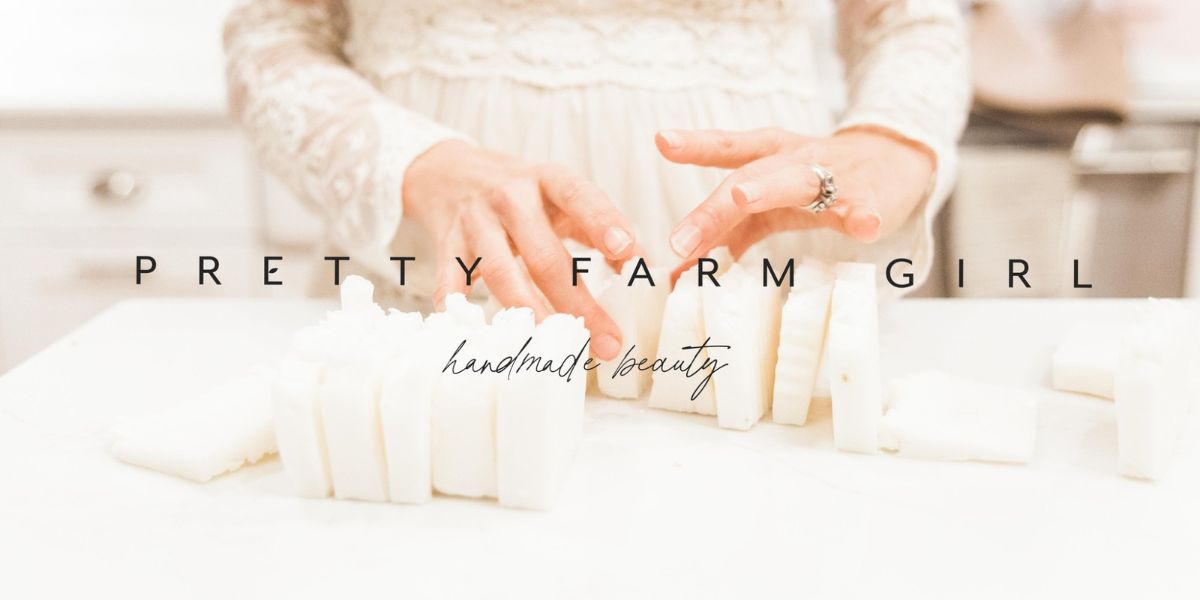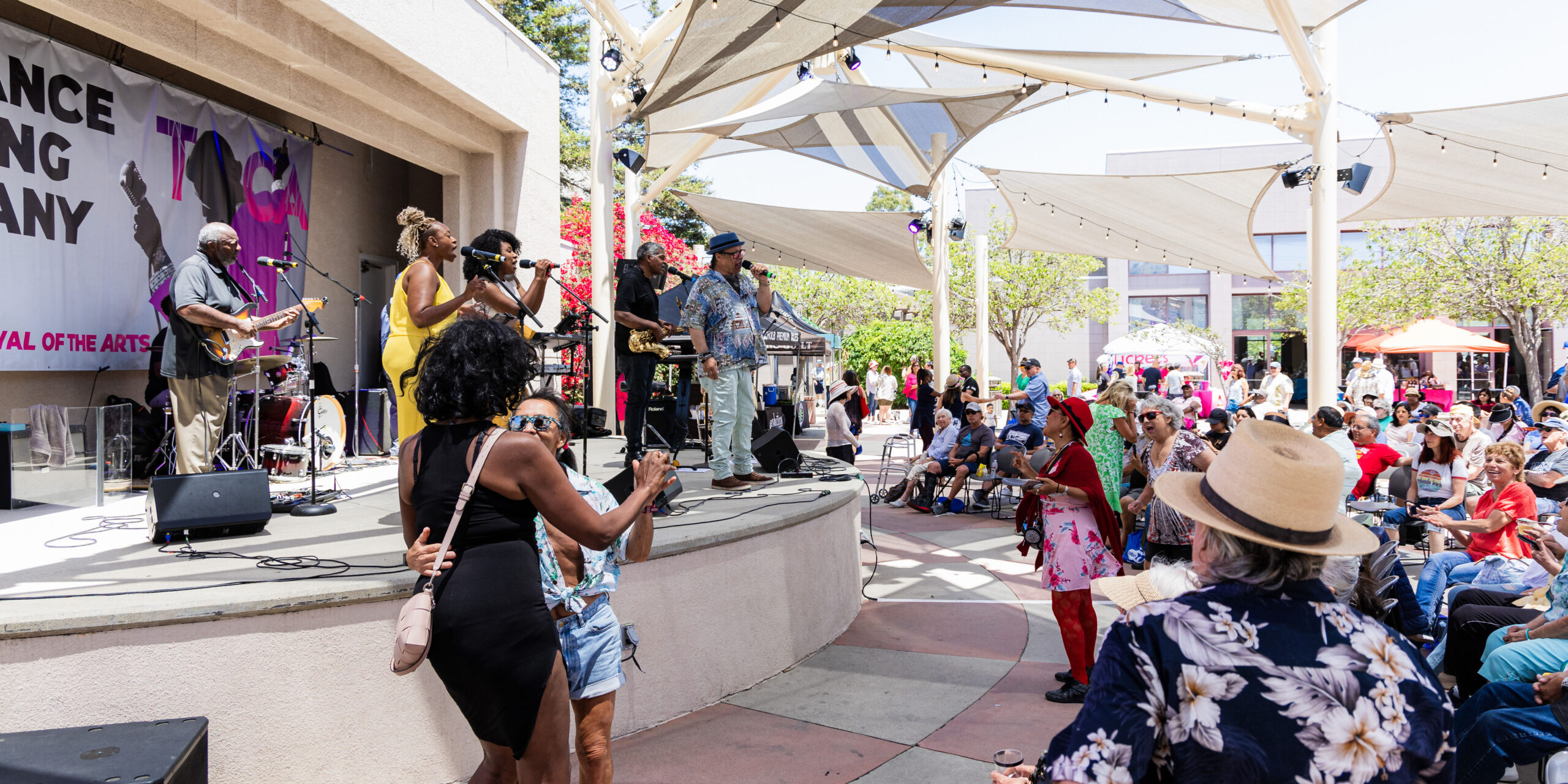Are you a wine enthusiast looking to deepen your understanding and appreciation of the world’s beloved fermented beverage? Look no further than a wine tour! Whether you’re a novice or a seasoned connoisseur, embarking on a wine tour can be an enlightening and enjoyable experience that will significantly enhance your wine knowledge. In this blog post, we’ll explore the many ways a wine tour can elevate your understanding of wine, from its production to its complex flavors and aromas.
The Immersive Learning Experience
One of the significant advantages of a wine tour is the immersive learning experience it provides. Unlike reading about wine in books or online, a wine tour allows you to engage all your senses in the learning process. You’ll see the vineyards up close, smell the earthy aroma of the wine cellar, touch the grapes on the vine, and, of course, taste a variety of wines straight from the source.
For instance, paso robles wine tours offer visitors a chance to explore one of California’s renowned wine regions, providing insights into the unique terroir and winemaking techniques that contribute to the area’s distinctive wines. This hands-on experience is invaluable in developing a deeper appreciation for the art and science of winemaking.
Understanding Terroir
Terroir is a French term that refers to the environmental factors that affect a crop’s phenotype, including unique environment contexts, farming practices, and a crop’s specific growth habitat. In the context of wine, terroir encompasses the soil composition, climate, topography, and even the microorganisms present in a particular vineyard.
During a wine tour, you’ll have the opportunity to walk through vineyards and observe firsthand how these factors influence grape growth and, ultimately, the wine’s character. Knowledgeable guides can explain how slight variations in elevation, sun exposure, or soil type can result in dramatically different wines, even within the same vineyard.
Insight into Winemaking Techniques
Wine tours often include visits to production facilities, where you can witness the winemaking process from grape to bottle. You’ll learn about various techniques such as harvesting methods, fermentation processes, aging practices, and bottling procedures. This behind-the-scenes look provides a comprehensive understanding of how each step in the winemaking process contributes to the final product.
Many wineries also offer the chance to compare wines made using different techniques. For example, you might taste wines aged in French oak versus American oak barrels or compare a wine that has undergone malolactic fermentation with one that hasn’t. These comparative tastings can significantly enhance your ability to discern subtle differences in wine styles.
Developing Your Palate
Perhaps the enjoyable aspect of a wine tour is the opportunity to taste a wide variety of wines. Guided tastings led by sommeliers or winemakers can help you develop your palate and improve your ability to identify different flavors, aromas, and structural elements in wine.
During these tastings, you’ll learn proper tasting techniques, including how to assess a wine’s appearance, aroma, taste, and finish. You’ll also gain insights into food and wine pairing principles, which can enhance your enjoyment of both wine and cuisine in your everyday life.
Exploring Wine Regions
Each wine region has its own unique characteristics, influenced by its climate, geography, and winemaking traditions. A wine tour allows you to explore these regional differences firsthand. Whether you’re visiting the rolling hills of Tuscany, the sun-drenched vineyards of Napa Valley, or the historic châteaux of Bordeaux, you’ll gain a deeper appreciation for how geography and culture shape the wines produced in each region.
Moreover, many wine regions have specialty wines or grape varieties that are closely associated with the area. Experiencing these wines in their place of origin can provide a level of context and appreciation that’s difficult to achieve elsewhere.
Networking and Community
Wine tours often bring together like-minded individuals who share a passion for wine. This creates excellent networking opportunities and the chance to join a community of wine enthusiasts. You might find yourself sharing tasting notes with fellow tour-goers, exchanging recommendations, or even planning future wine adventures together.
Additionally, many wineries offer wine club memberships or special events for visitors. These can be great ways to continue your wine education long after the tour has ended, providing access to exclusive wines, tastings, and educational materials.
Sustainable and Organic Practices
As the wine industry increasingly embraces sustainable and organic practices, many wine tours now include information about these environmentally friendly approaches. You’ll learn about biodynamic farming, organic grape growing, and sustainable winemaking practices. This knowledge not only enhances your understanding of wine production but also allows you to make more informed choices as a consumer.
Summary
A wine tour is more than just a fun day out; it’s an educational adventure that can significantly enhance your wine knowledge. From understanding the intricacies of terroir to developing your palate and gaining insights into winemaking techniques, the benefits are numerous. Whether you’re a casual wine drinker or an aspiring sommelier, a wine tour offers a unique and immersive learning experience that can’t be replicated in a classroom or through a book.
So, the next time you’re planning a vacation or looking for a weekend activity, consider embarking on a wine tour. Not only will you come away with a wealth of knowledge, but you’ll also have created lasting memories and perhaps discovered a few new favorite wines along the way. Cheers to enhancing your wine knowledge through the enriching experience of a wine tour!
Published by: Nelly Chavez






